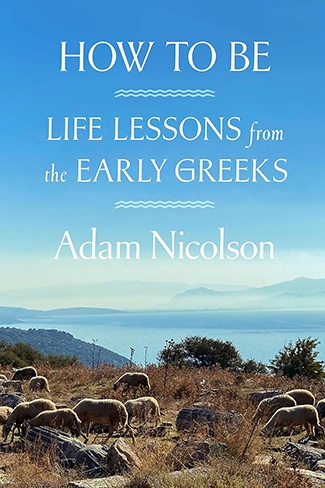Of Strength and Soul — Exploring the Philosophy of Physical Fitness

When you’re lifting weights, you might be thinking about setting a new PR or doing your curls for the girls.
But throughout history, philosophers have thought about physical fitness on a deeper level and considered how exercise shapes not only the body, but also the mind and the soul.
My guest today, Joe Lombardo, is a strength enthusiast who follows in this tradition and has explored the philosophy of bodily exercise in his writing. Today on the show, Joe and I discuss several different ways the philosophy of strength has been expressed over time.
We begin our conversation with how the ancient Greeks thought of physical training as a way to develop personal as well as social virtues, and why they thought you were an "idiot," in their particular sense of the word, if you didn't take care of your body. We then discuss early Christianity's relationship with physical exercise and the development of the muscular Christianity movement in the 19th century. We end our conversation by looking at the philosophy of physicality espoused by the Japanese writer Yukio Mishima, and what he had to say as to how strength training moves us out of the life of the night and towards the light of the sun.
Resources Related to the Podcast
- "The Soft American" by JFK
- AoM podcast and article on the La Sierra P.E. program
- AoM Article: When Christianity Was Muscular
- The Greek Way by Edith Hamilton
- Yukio Mishima
- Sun and Steel by Yukio Mishima
- Joe's writings on Quillette
- Joe's writings at the European Conservative
